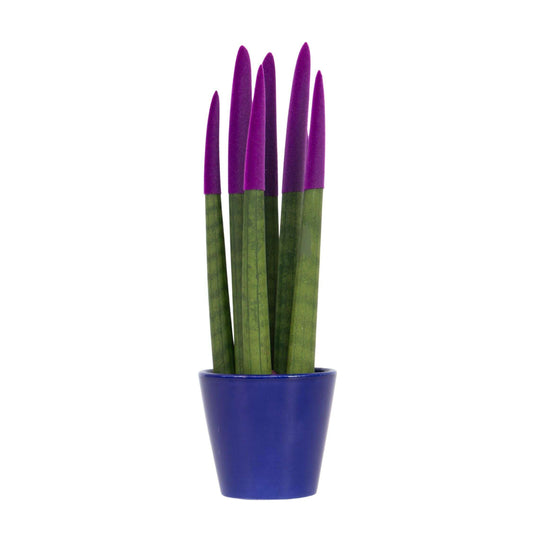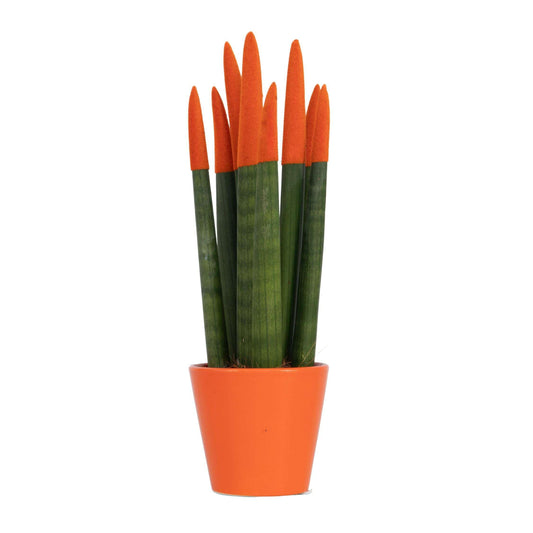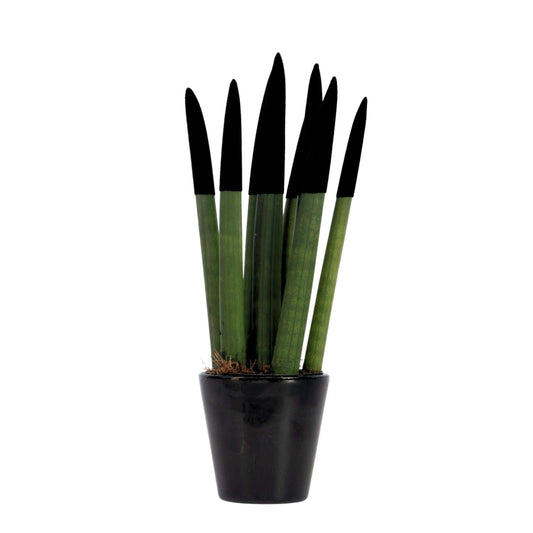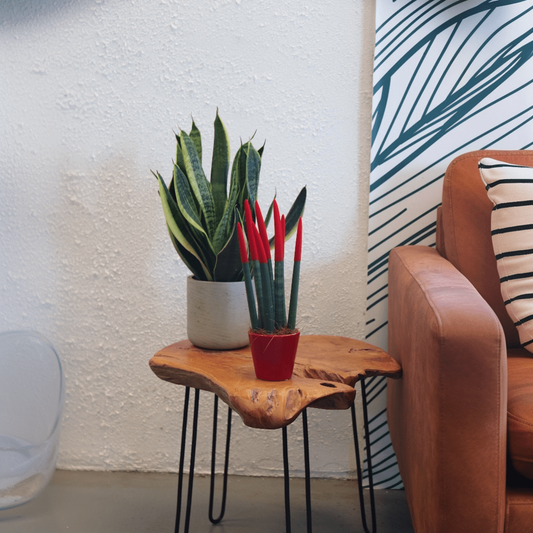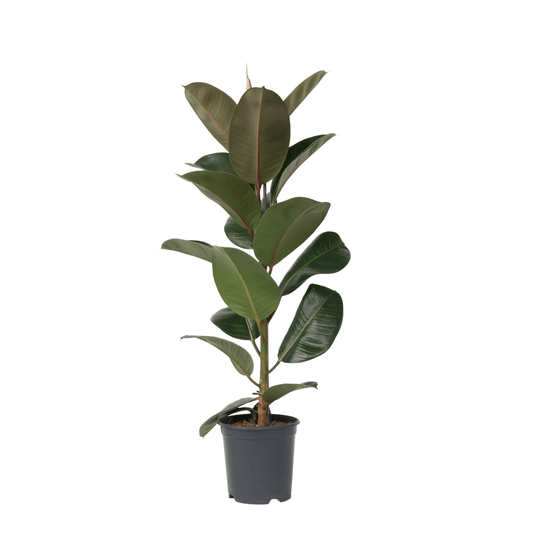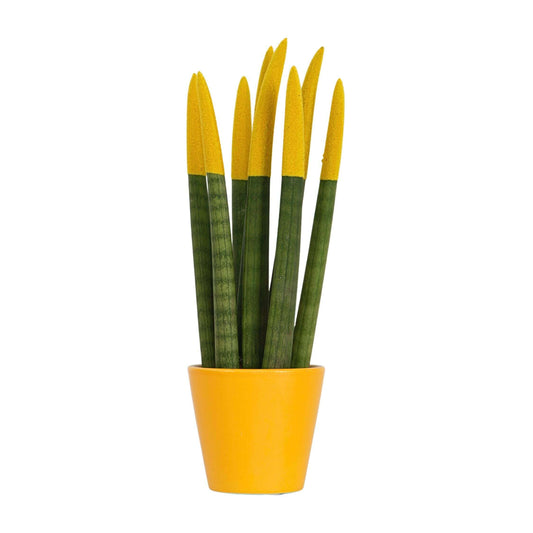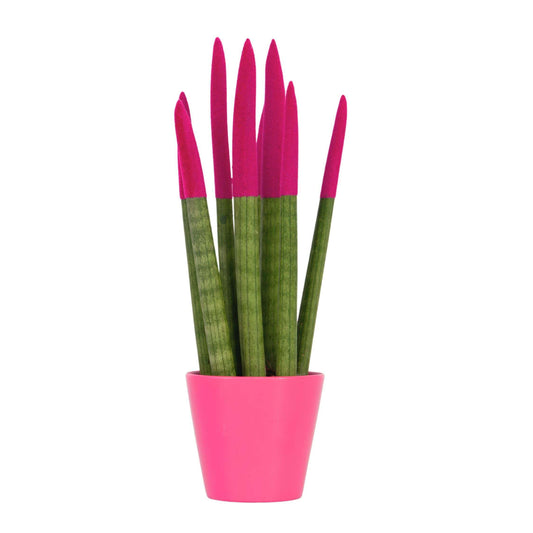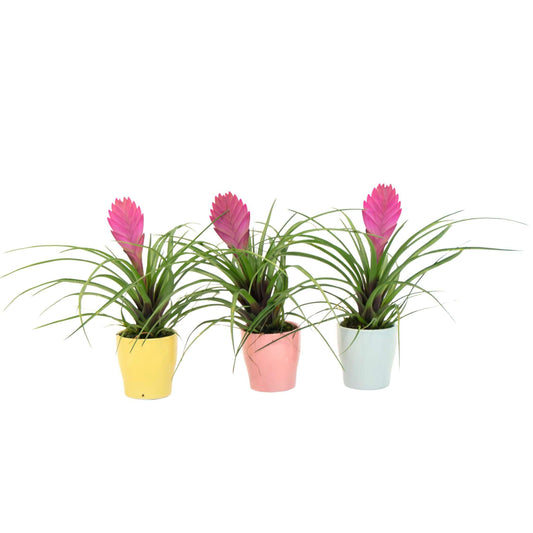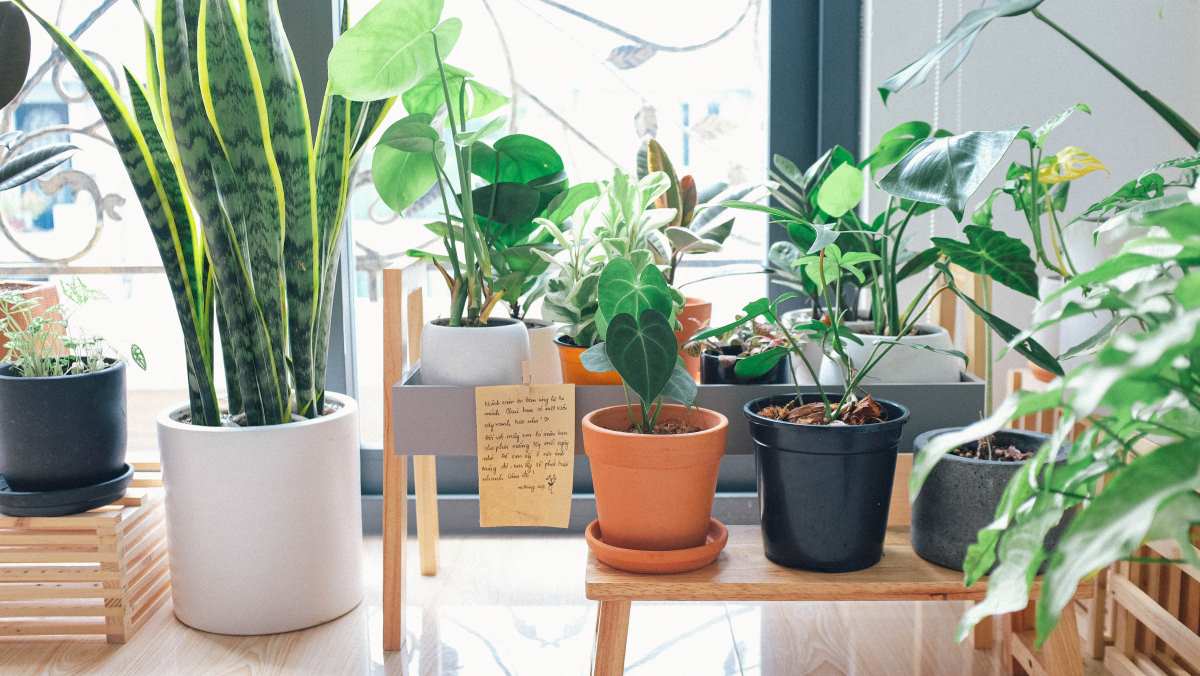
Conservatory Plants
The heat and bright light of a conservatory is perfect for tropical plants! The best conservatory plants will tolerate overnight temperature fluctuations too!
Conservatory Plants by Type
-

Trending Houseplants
Looking for trending houseplants? Discover on trend houseplants in our range of...
-

Air Purifying Indoor Plants
Discover our range of air purifying indoor plants. These plants purify the...
-

Monstera Plant for Sale
Looking to buy a Monstera Deliciosa (the Swiss Cheese plant)? Or perhaps...
-

Buy Philodendron Houseplants
Looking for a philodendron for sale? Discover our collection of philodendron plants...
-

Buy a Prayer Plant
Buy prayer plants and here at Small Indoor Plants. Discover the magic...
-

Buy Tradescantia Online
Discover your perfect match in our range of Tradescantia plants to buy...
-

Hypoestes For Sale
Discover our great collection of hypoestes houseplants for sale here at Small...
-

Begonias for Sale
Our begonia indoor plant collection includes a range of begonias for sale....
-

Buy Alocasia Plants
Looking to buy alocasia plants? Discover our collection of alocasia houseplants to...
-

Buy Dracaena Houseplants
Looking to buy dracaena houseplants? Discover our collection of dracaena plants to...
-

Buy Syngonium Houseplants
Looking to buy syngonium houseplants? Discover our collection of syngonium plants to...
-

Fern Plants for Sale
Looking for fern plants for sale? Discover our collection of indoor Fern...
-

Pothos Plant for Sale
Discover the perfect pothos plant for sale in our collection to buy...
-

Rubber Plant for Sale
Looking to find a rubber plant for sale? Find our range of...
-

Spider Plants for Sale
Looking for spider plants for sale? Easy to care for and able...

Why Conservatory Plants?
Plants in a conservatory not only look great, but they can be functional too! For example carnivorous plants will help deal with flying insects as well as help you to create a beautiful and calming atmosphere.
Conservatory Plant Inspiration
Browse our full collection...
-
Sansevieria Cylindrica Snake Plant Purple Velvet Touch - Height 20-40cm
Regular price £29.95Regular priceUnit price / per -
Sansevieria Cylindrica Snake Plant Orange Velvet Touch - Height 20-40cm
Regular price £29.95Regular priceUnit price / per -
Sansevieria Cylindrica Snake Plant Black Velvet Touch - Height 20-40cm
Regular price £29.95Regular priceUnit price / per -
Sansevieria Cylindrica Snake Plant Red Velvet Touch - Height 20-40cm
Regular price £29.95Regular priceUnit price / per -
Large Ficus Elastica Robusta - Rubber Plant - Height 75-100cm
Regular price £52.95Regular priceUnit price / per -
Sansevieria Cylindrica Snake Plant Yellow Velvet Touch - Height 20-40cm
Regular price £29.95Regular priceUnit price / per -
Sansevieria Cylindrica Snake Plant Pink Velvet Touch - Height 20-40cm
Regular price £29.95Regular priceUnit price / per -
Tillandsia Cyanea Air Plants – Set of 3 with Pots – Height 20–30cm
Regular price £26.95Regular priceUnit price / per
Conservatory Houseplant Care
-

House Plant Food
Discover the very best food for your houseplants. Our collection of house...
-

Indoor Watering Can
Discover our indoor plant watering can collection and find the perfect house...
-

Plant Pots
Home your plant in the perfect indoor plant pot and dress your...
-

Houseplant Pests Control
Keep house plant pests under control with ease. Our houseplant pests control...
Conservatory Plants UK
Plants for Conservatory
Looking for conservatory plants UK delivered? Choosing conservatory plants can be quite a unique experience. The unique conditions of a conservatory mean your plant needs to be able to cope with heat in summer. Coolness overnight. Cool temperatures in colder months. Luckily, there are a wide range of suitable plants for a conservatory.
A conservatory is an ideal spot for growing a wide variety of houseplants. Plants for a conservatory benefit from ample sunlight. They can enjoy controlled temperatures. In addition they get protection from the elements. Conservatories create the perfect conditions for houseplants to flourish.
Of course there are a number of considerations you should make before selecting the plants for conservatory. It's important to consider a few key factors:
Light:
Assess the amount of sunlight your conservatory receives throughout the day. This will help determine which plants are best suited to your space. Some plants thrive in direct sunlight, while others prefer partial shade.
Temperature:
Conservatories can experience fluctuating temperatures. Especially during the summer months. Choose plants that can tolerate these temperature variations. The best houseplants for a conservatory thrive in the warm, humid conditions. These are the ones that are typically found in conservatories.
Space:
Consider the available space in your conservatory. Some plants, such as climbers or trailing vines, can be trained to grow vertically. This makes them ideal for conservatories with limited floor space.
The best plants for conservatory will be dependent on your assessment of the above factors.
Plants for conservatories should certainly be able to cope with heat fluctuations. From hot to cold in the warmest and coldest months. But the best thing about houseplants is that you can move them to a new spot if the conditions are not suitable.
Top Plants for Conservatories
Succulents
Succulents are a popular choice for conservatories. This is because of their ability to thrive in dry, warm conditions. These low-maintenance plants make some of the best plants for a conservatory. They come in a variety of shapes, sizes, and colors. Thus, making them a versatile addition to any conservatory.
Tropical Palms
Tropical palms can make some of the best conservatory plants. They are known for their elegant and tropical appearance. These plants thrive in the warm, humid conditions of a conservatory. They add a touch of tropical paradise to your indoor space.
Orchids
Orchids are renowned for their stunning flowers. It is important to recognise that they are delicate too. With proper care and attention, orchids are a great choice for a conservatory. These elegant plants are a great way to add a conservatory plant with a burst of colour that can thrive in a conservatory environment. Perfect if you are looking to add a touch of elegance and sophistication to your space.
Carnivorous Plants
Carnivorous plants, such as Venus flytraps and pitcher plants, are not only fascinating to observe but also serve as natural pest control in your conservatory. These unique plants thrive in the high humidity and bright light conditions found in conservatories. Threfore, they make good conservatory plants.
Ferns
Ferns are a classic choice for conservatories due to their lush foliage and ability to thrive in low light conditions. These versatile plants come in a variety of sizes and textures. Which making them ideal plants for conservatories to add greenery and visual interest.
Care Tips
Once you've selected the perfect plants for your conservatory, it's important to get your care routine right. Providing plants in conservatory spaces with the proper care will ensure their health and longevity. Here are some general care tips:
Watering: Most plants prefer to be kept evenly moist. However, it's important to avoid overwatering, as this can lead to root rot. Check the moisture level of the soil regularly and adjust your watering schedule accordingly.
Fertilizing: Fertilize your plants regularly during the growing season. This will ensure they get the necessary nutrients to thrive. Use a balanced fertilizer specifically formulated for indoor plants. Be sure to follow the instructions on the packaging.
Pruning: Regularly prune your plants to maintain their shape and promote healthy growth. Remove any dead or yellowing leaves to prevent the spread of disease. Pruning will also improve the overall appearance of your plants.
Pest Control: Keep an eye out for common pests such as aphids, mealybugs, and spider mites. If you notice any signs of infestation, take immediate action to prevent the pests from spreading to other plants. Use organic pest control methods whenever possible.
Monitoring: Regularly monitor the overall health of your plants. Look for any signs of stress, such as wilting or discoloration. Be sure to take appropriate measures to address the issue.
By following these care tips and selecting the right plants for your conservatory. You can create a thriving indoor oasis that brings beauty and tranquility to your home.
Did You Know?
Indoor plants lower stress and boost your immune system!

















